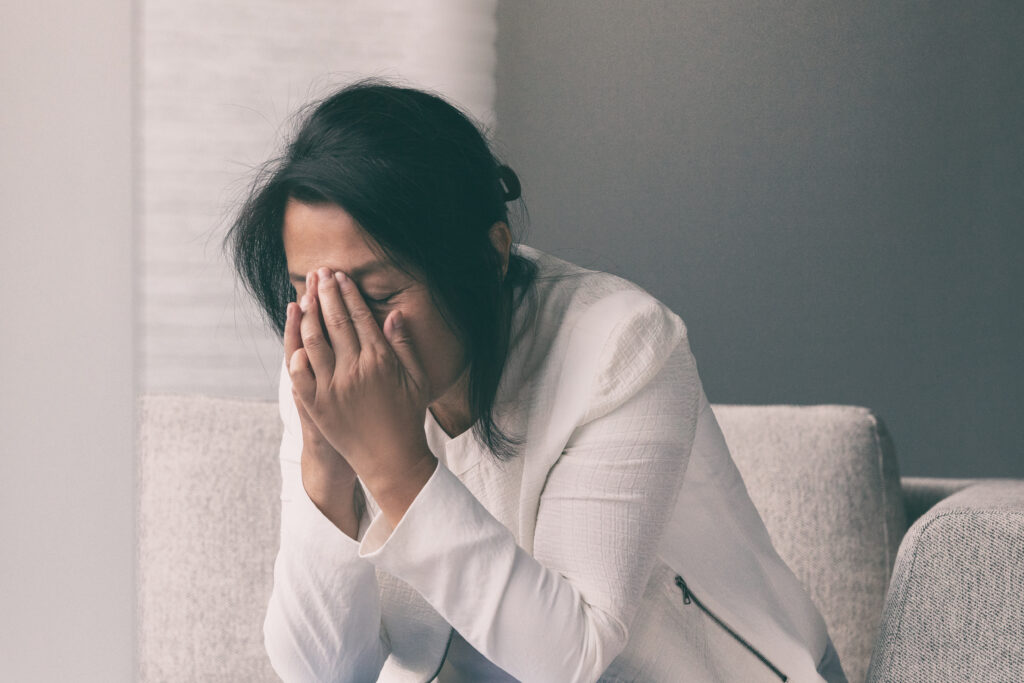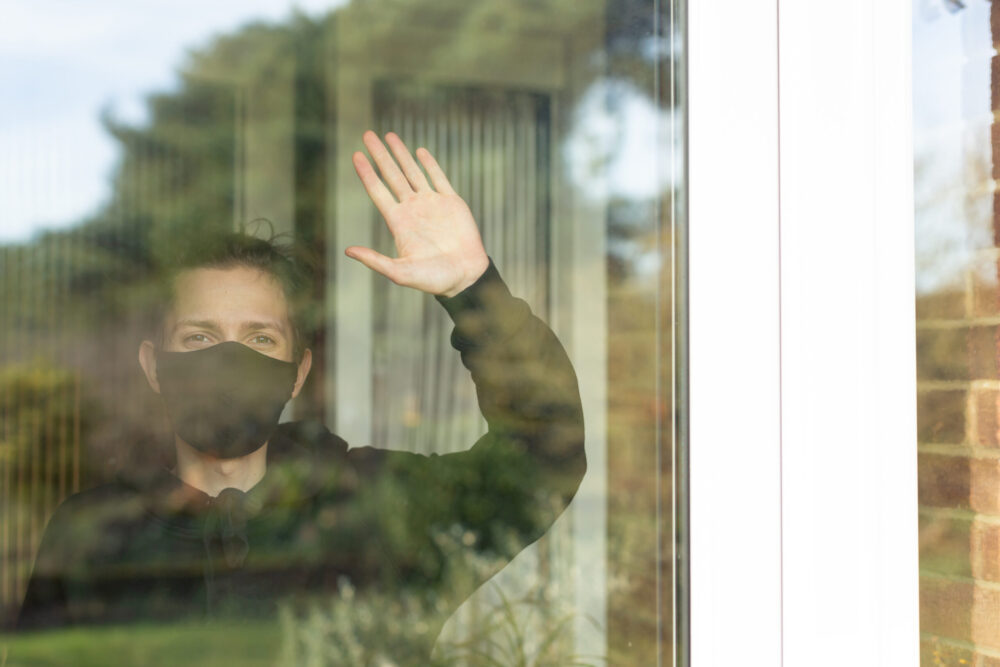The COVID-19 pandemic has highlighted significant concerns about the “shadow pandemic” of violence against women, and in particular intimate partner violence. A new study published by ANROWS highlights the intersection of economic insecurity and women’s experiences of intimate partner violence during the COVID-19 pandemic in Australia.
Consistent with other Australian and international research, there was clear evidence from the study that economic factors, including job loss and financial stress, linked with the pandemic were associated with both the onset and escalation of intimate partner violence.
Capturing these insights and more, Economic insecurity and intimate partner violence in Australia during the COVID-19 pandemic builds upon earlier ANROWS research to provide the most comprehensive survey of women’s experiences of intimate partner violence during the COVID-19 pandemic in Australia to date.
Many of the women surveyed reported experiencing economic insecurity during the first 12 months of the pandemic, and the report reflects women’s experiences of violence during this period. Economic insecurity was linked with the increased likelihood of experiencing intimate partner violence.
Anthony Morgan and Dr Hayley Boxall, from the Australian Institute of Criminology, surveyed 10,000 women aged 18 years and over about their experiences of violence in their most recent intimate relationship during the first 12 months of the COVID-19 pandemic. The women were also asked about their experiences of violence prior to the pandemic.
The findings reinforce the need to focus on women’s economic security, both in the context of the pandemic and beyond, given the complexity in determining the relationship between intimate partner violence and economic security.

A key finding of the study is that economic disparity within relationships was associated with intimate partner violence, even after controlling for economic insecurity. Picture: Shutterstock
One key finding was that economic insecurity co-occurred with other vulnerabilities reported by women which were associated with an increased likelihood of IPV. Speaking to this finding, co-author Anthony Morgan said, “Not everyone we surveyed was at the same risk of being a victim of intimate partner violence. Certain groups – women with a disability, First Nations women, pregnant women and women with children – were more likely to have been subjected to violence by a current or former partner. The risk was even greater when these women experienced economic insecurity. Measures designed to address women’s economic insecurity need to be targeted, accessible and culturally safe, and developed with and by communities.”
The relationship between economic status, stress and disparity and intimate partner violence varied according to the type of violence and whether it was experienced as a chronic condition or an acute stressor. “The research findings help us to better understand the complex role of economic stressors in intimate partner violence,” Mr Morgan said. “It’s not easy to disentangle which aspects of economic insecurity are a cause, characteristic or consequence of violence. We need to think about the circumstances of both partners and the role of economic disparity, and consider the impact of both chronic and acute stressors.
“For example, being unemployed was itself not a risk factor for violence. But women who were working when their partner was not were more likely to be subjected to violence and abuse. This was true also if they were the main income earner in the relationship. And the loss of a job or work during the pandemic, whether by women completing the survey, their partners or both, was a risk factor for first time and escalating violence.”
The report makes a number of recommendations, including that economic support for women must take into account ways to prevent violence, support victims and survivors currently in abusive relationships and support women after they leave abusive partners. “Economic insecurity is a risk factor for violence, but it also acts as a barrier to women being able to leave an abusive partner,” said co-author Hayley Boxall.
The recommendations invite policymakers to consider tailoring financial supports designed to improve women’s economic security to be accessible by women who live with intersecting disadvantages, such as those in carer commitments and disabilities, and developing them in consultation with Aboriginal and Torres Strait Islander communities to ensure they are culturally appropriate.
“We need to think about how we can improve the economic security of women longer-term to prevent violence, provide economic support to victim survivors so they can leave abusive relationships, and find ways to minimise the immediate effects of the economic consequences of the pandemic on women’s safety,” Dr Boxall said. “Our research shows that we need to challenge the traditional gender norms held by men that position women’s economic power as somehow a threat to their masculinity.”
In the week since its release, the research has been well and widely received, indicating not only the importance of the issue but the desire to take the steps recommended by the research to improve women’s economic security, particularly in light of its intersection with intimate partner violence. ANROWS looks forward to seeing the findings addressed and the implications incorporated in policy and in practice.
Padma Raman PSM is CEO of Australia’s National Research Organisation for Women’s Safety (ANROWS). She has a wealth of experience as a senior executive at both the state and federal level, and in 2018 was awarded the Public Service Medal for outstanding service leading significant cultural, technological and governance change. Before starting as CEO of ANROWS, she was the Chief Executive of the Australian Human Rights Commission for 11 years





